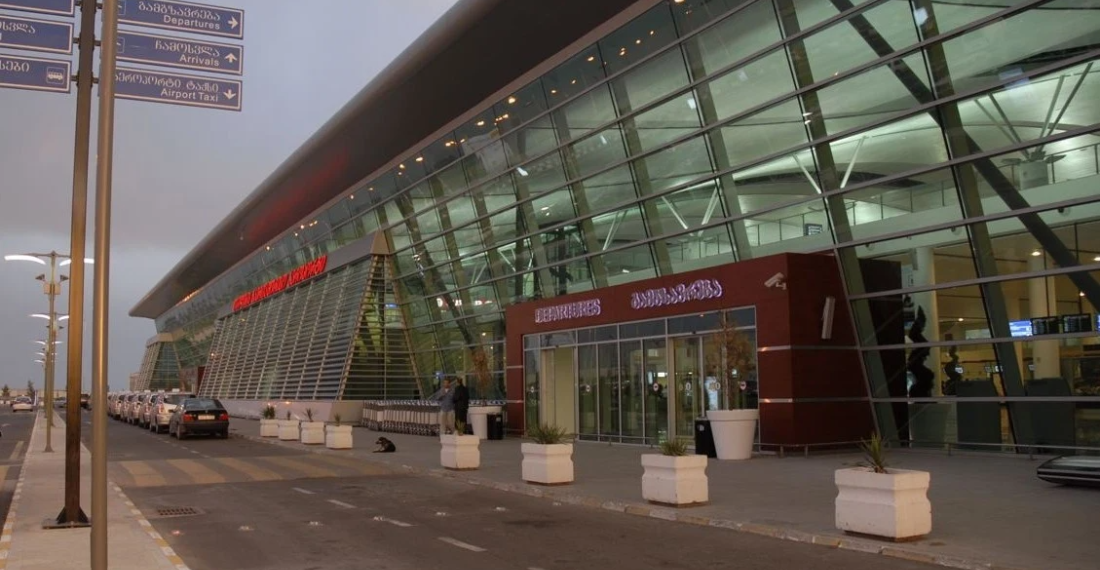A number of Georgian officials have insisted that no sanctioned Russian airlines will be allowed to enter its airspace. This follows news last week that Russian President Vladimir Putin reversed a 2019 ban on Russian airlines flying to Georgia on Wednesday (10 May).
The day after the news broke, both the Georgian Prime Minister Irakli Garibashvili and the ruling Georgian Dream party head Irakli Kobakhidze said that no Russian airlines that fall under international sanctions would be allowed to enter Georgian airspace. This had also been underlined the day before by Georgia's Deputy Economy Minister Mariam Kvrivishvili.
Prime Minister Garibashvili said that his government's "unequivocal" position was that "flights with sanctioned aircraft will not be carried out. This will happen only with planes and companies not under sanctions". Meanwhile, Kobakhidze stressed that "the Georgian Government will not allow circumvention of the sanctions".
This was then repeated on Saturday by Chair of the Georgian Parliament's Human Rights Committee, Mikheil Sarjveladze, who said Georgia "has no intention" of cooperating with Russian airline companies sanctioned by the international community for its invasion of Ukraine.
Russian airlines under extensive sanctions
Given that the Russian aviation industry is under massive sanctions, it is currently unclear which Russian airlines would be permitted by the Georgian government to fly to Georgia, if any at all.
The European Union in particular has sanctioned at least 20 Russian airlines. These include the biggest names, including Aeroflot, S7, Pobeda, and Rossiya, right down to smaller regional airlines.
Taking note of Russia's decision to lift the ban, the EU Delegation to Georgia said: "the EU encourages Georgia, aspiring to become EU candidate country, to align with the EU and other countries in their sanctions against Russia also in the aviation sector, and to remain vigilant regarding any possible attempt to circumvent them."
Meanwhile, the U.S. also warned Georgia of economic sanctions if it permitted the resumption of direct flights with Russia.
source: commonspace.eu with agencies
photo: Georgia About






